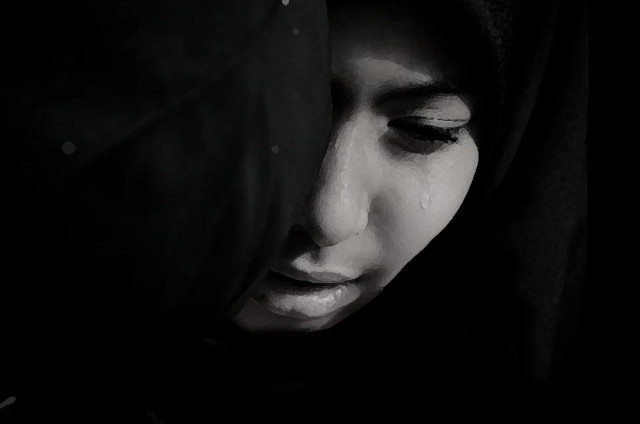Seeking justice for rape
The one thing Kainat's long saga should not lead us to do is believe that our justice system is working well.

The one thing her long saga should not lead us to do is believe that our justice system is working well. That this case has gone as far as this is due solely to Kainat’s heroism. She was rebuffed by both society and the judiciary but refused to be treated as a citizen without any rights. What should have been her natural rights at birth was instead something she had to fight for. The court’s belated realisation of its duties shows not that the judiciary is functional but that it has to be shamed into action.
While Kainat might have an opportunity for closure as her rapists are put behind bars, the same cannot be said for countless other rape survivors in the country. Perceived shame and tradition lead to most rape cases not being reported. Then, despite being illegal, jirgas and the like continue to enjoy popular support and patronage from local bigwigs and have absolutely no interest in the rights of women. The courts are lethargic and rarely empathetic. Society at large has little understanding of the causes and effects of rape. In Pakistan, Kainat is the honourable exception, not the general rule.
Published in The Express Tribune, December 20th, 2012.















COMMENTS
Comments are moderated and generally will be posted if they are on-topic and not abusive.
For more information, please see our Comments FAQ